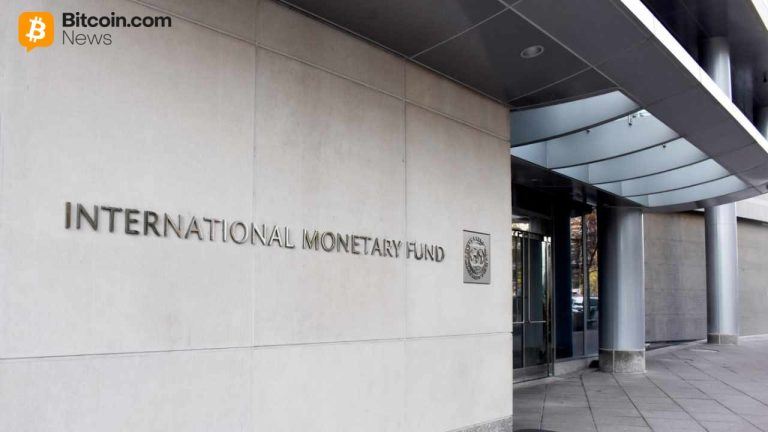Moody’s drops SEPTA outlook to negative
2 min read

Bloomberg News
The funding crisis at the Southeast Pennsylvania Transportation Authority is threatening its credit rating.
The transit agency planned severe service cuts and fare hikes to balance its budget gap, but a court ruling late last week blocked these moves. With SEPTA at a dead end, Moody’s lowered its rating outlook to negative.
The outlook change affects all of SEPTA’s outstanding bonds. The agency’s $501 million of asset improvement program revenue bonds and $42 million of public transportation assistance fund revenue bonds are rated Aa3 by Moody’s and its $138 million of capital grants receipts bonds are rated A3.
“Moody’s makes clear that the continued lack of a state funding solution, combined with the impact of the Aug. 29 court order, places our finances at substantial risk,” SEPTA said in a statement. “SEPTA’s fiscal health is on the line.”
SEPTA currently has an estimated $213 million budget gap, which Moody’s estimates is 13% of its operating budget. The agency had hoped state lawmakers would come up with funds for a solution, but instead, the legislature has been locked in a two-month budget impasse.
To balance its budget,
SEPTA’s bonds are not directly related to its operations, Moody’s analyst Baye Larsen explained last week. Its service cuts could permanently damage its ridership and reputation, which was credit-negative, but they were also credit-positive, because they allowed the agency to balance its budget.
The injunction changes the picture, Larsen and Henrietta Chang wrote in a report on the outlook change.
“If the injunction is lifted and fare increases and service cuts remain necessary, they may need to be steeper than originally planned to satisfy operations,” the report said. “In addition, while fare increases and service cuts improve near-term budget balance, over the long run changes of this magnitude can lead to weaker fiscal health, asset condition and operating performance.”
The AIP and PTAF revenue bonds are supported by “strong, broad tax bases,” the analysts wrote; the revenues are collected by the commonwealth and required by statute to be used only for transportation purposes. The commonwealth has been collecting these revenues and transferring them to the bond trustee despite the budget impasse.
The report also mentioned the grant revenue bonds’ reliance on the federal government, which has been
“The ratings further incorporate credit challenges related to GARVEE bonds, including the short duration of federal funding reauthorizations, the possibility that more frequent reauthorizations could disrupt or reduce the funds available to pay the bonds, and the long-term structural imbalance of the federal Highway Trust Fund,” Moody’s analysts wrote.







